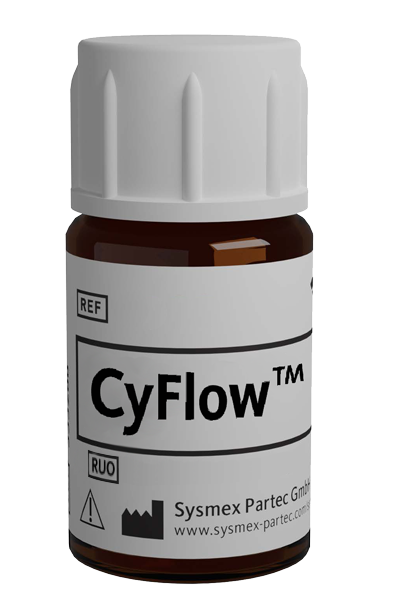Article successfully added.
CyFlow™ HLA-DR PerCP-Cy5.5
| Antibody: | Yes |
| Antigen: | HLA-DR |
| Application: | Flow cytometry |
| Clonality: | monoclonal |
| Clone: | L243 |
| Emission Maximum: | 695 nm |
| Excitation Maximum: | 482 nm |
| Field of Interest: | MHC |
| Format/Fluorochrome: | PerCP-Cy5.5 |
| Isotype: | IgG2a |
| Laser: | Blue , Green |
| Regulatory Status: | RUO |
| Source Species: | Mouse |
| Target Species: | Dog, Human, Non-Human Primates |
| Product number: | AU107604 |
For Research Use Only

